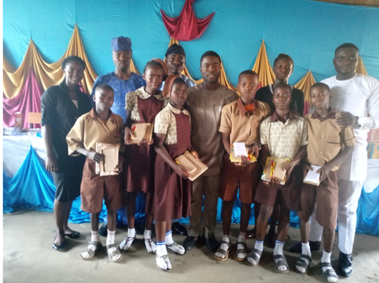 Words by Sule Jacob Olaoluwa – Founder, iREAD TO LIVE INITIATIVE, Ambassador TeachSDGs Though I have only lived in Abuja, the capital of Nigeria, for a handful of years, it is clear that rural Nigerian schools do not possess the same opportunities for children as found in the capital city. A few years back, as my parents shared in my educational dreams and vision, they gave me support to pursue my education. I journeyed to the rural community of Ifetedo, Osun State, Southwest Nigeria and enrolled in the law school there. It was my first experience into Nigerian rural life, and I must admit, it was quite a culture shock. I became frustrated and deeply saddened. In the capital city of Abuja, I usually had access to power supplies, access to uninterrupted internet facilities, and a few moments each day to listen to the news. In Ifetedo, I had none of these within my reach. Here, I realized that there was poor network reception from all network providers, and I was forced to accept that Osun State had many other notable challenges. The area has been without electricity for many years. They lacked banks and had no standard health care center. As weeks continued to pass, I had several thoughts about the luxuries I had living in Abuja and about the reality of studying and living in this rural community for the next four years. I asked myself why this community was so underdeveloped. The children especially hit a cord of concern for me. Large numbers roamed the streets barefooted and without slippers. Many were inadequately clothed. These children hung around the hostel where I was staying even during school hours. More upsetting to me was the fact that these children seemed content--in acceptance that this was their place in life. During my course work as a second-year law student, I became familiar with the Universal Declaration of Human Rights Act of 1948 which addressed inequality issues. I felt strongly that these inequalities were not being adequately addressed by the Nigerian Government in this small rural area. The children, especially, were being unfairly denied access to a quality and equitable education. Hence, I began to formulate the “iREAD TO LIVE” initiative. Feeling a need to give back to the community that so welcomed me as a law student, I began to formulate a plan that hopefully would engage many of my law student peers and help the children of Ifetedo strive for a better and more meaningful life. I wanted to propose an initiative that would directly impact Ifetedo by advancing the course of quality education. Thankfully, I was able to share my vision with a special group of law students who agreed with my thinking and together we embarked on our journey. My team and I were ready to begin! We first wanted to understand the community. We sought out the help of Mr. Bello Samuel, the proprietor of New Hope Group of Schools. He was kind and patient and answered many of our questions regarding community traditions since we wanted to be sensitive to rural culture and morals. He also shared with us many of his frustrations with the current educational system. He lamented about the increasing rate of “examination malpractice,” lack of discipline among the student body, lack of interest in education, and the poor attitude of parents toward education. I also met and obtained the support of the Elders and Traditional rulers of the community. I interviewed them and also shared the gospel of the Sustainable Development Goals with them. To further gather relevant information and facts, I also met with the Executives of the Community Progressive Union. They expressed their gratitude and were astonished that a non-indigene had decided to contribute to the development of their community. They gave me their blessing. Following these interviews, my team and I decided to gather additional information by visiting every school in the community, both government and privately owned. We interviewed administrators, teachers, serving corps members, and students. Not wholly trusting our motives, some management and teachers were reluctant to share pertinent information. We had to assure them that we were not reporting back to the government. We truly were a group of law students wanting to assist and give back to the community. To gain their trust we had to include some community members on our team and partner with the Community Union -National Ifetedo Student Union facilitate debate competitions as moderators in subsequent visits. We were overwhelmed by the list of challenges that presented themselves during our visits. The list was long: inadequate teachers, lack of basic furniture such as desks and chairs, lack of writing materials, notebooks, textbooks and other educational needs, unpaid full teacher salaries by the government, absence of perimeter fencing to secure the school environment, undisciplined and unmotivated students to name a few. Motivating students to want to learn was by far the most important and challenging problem. We held career sessions in some primary and middle schools emphasizing the importance of education and encouraging students to be serious and focused. We reminded them, “Education is the best tool with which one can change the World for the best.” To further our cause, we donated writing materials, exercise books, dusters, and chalks after every student interaction. On subsequent visits, teams of volunteers of iREAD to Live initiative who were undergraduate law students of Osun State University, College of Law emphasized again the need to work hard and take learning seriously. Students were told they could do anything if they are resolute and diligent. Sponsorships and endowment funding have become available for support for students examination fees for the Junior Secondary School Certification Examination. Children have also been given the opportunity to join the iRead to Live Reading Club where reading habits and improved literacy are fostered. Through our visits, we also identified an urgent need for volunteers from the law school to supplement and support the efforts of the current teachers. This led to the launching of a volunteer program named iTEACH FTD 2018. Currently, volunteers are teaching mathematics, English, agricultural science, Christian religious studies, Yoruba, and civic education, as well as offering students mentorships through career talks and by providing textbooks. To further encourage learning and motivation, we are holding an annual iRead to Live quiz, public speaking, and spelling bee. Through these strategies we hope to build student confidence, sharpen oratory skills, and prepare students for the future. We also celebrated the UNICEF Children's Day 2018 by organizing a Football Tournament for the Boys and Track Events for the Girls. The event was tagged Sports and Education: Balancing Academics. All participants were given a package with notebooks, Biros, mathematical sets, and pocket dictionaries. Much has been accomplished since the iREAD To Live Initiative began. Although other organizations have identified many of the same issues, they have chosen to use seminars while our program has a more hands-on approach. We reach out to individual schools and work directly with students. We have taken to the streets to engage directly with students through training and mentoring. Hopefully, this nurturing will make a positive effect on the future of our society and the world as a whole. Facing the Future We are still looking toward the future and are anticipating the following proposed projects: • Purchase furniture for students and teachers • Renovate and purchase books for abandoned community library • Purchase or receive donations of writing materials, textbooks, school wears, and furniture for 10 schools in the Ifetedo community • Equip reading clubs with books and journals • Establish SDGs clubs in every school in the community • Provide Wi-Fi access and power supply in the schools through the purchase of generators and Wi-Fi facilities • Provide clean and portable water to at least five schools The overall goal of this plan is to initiate, execute, and manage projects that will drive the organization’s vision to contribute to quality education for 80% of the government owned schools, private schools, and attendees of the basic and primary level by September 2019. To learn more about iRead to Live or to discover ways to support this work, please visit http://iReadToLiveInitiative.com.ng. 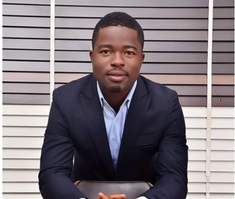 Sule Jacob Olaoluwa is an Under 30 aged change agent, an Advocate for the UN SDGs Goal 4 of Quality and Equitable Education for All. He holds a Bachelors degree in Public Administration and currently enrolled as a Fourth year Law student in Osun State University, College of Law,Nigeria. He is the Founder of iRead To Live Initiative, a non-profit organization which focuses on Supplementing Government Efforts in Achieving the Sustainable Development Goals of Quality Education in Nigeria. He is also an Ambassador for @TeachSDGs. He is passionate about the Global Goals and certainly the man you need on your Team. You can connect with Jacob on Twitter at @jhakes20. 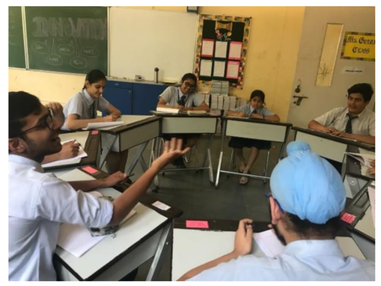 By Monica Joshi, India We tend to think of a global learning experience as something acquired through global visits. In my school at Sat Paul Mittal School, every moment can be a global learning experience. With its ever evolving management and enthusiastic principal, my school believes in extending the horizon of everyone who comes in contact with it be it the teachers, the students, or the parents. Adhering to the school's vision of producing leaders of tomorrow who are technologically proficient, socially aware, and sensitive to environmental and social issues, I, as the IT Head, have undertaken six global projects that not only teach Satyans empathy, but also lets students explore technical skills and gain awareness of the world beyond. All these projects are interdisciplinary with focus on the Sustainable Development Goals. One such project is The Innovation Project. This project is owned by Koen Timmers, National Geographic Educator, Varkey Foundation Ambassador, and founder of Zelfstudie.be. Five hundred and ten schools and 85 countries across the globe have participated in this project. The five week extensive project on Innovation focused on enhancing 21st century skill sets in students by concentrating on creativity and imagination, collaboration with International Schools, and communication through using ICT. Next up for me after signing up was introducing it to my kids. “Innovation is change that unlocks new value” - Jamie Notterbelt. Believing in this, the Satyan Team consisting of 50 students from Age Group 11-15 and four facilitators including me as the mentor, had interactive sessions to arrive at Definitions, Product Innovation, and Use of ICT Tools in line with the UN Sustainable Development Goals. Week 1: During Week 1, students researched the question What is Innovation? Elon Musk The Boring Company Tunnels https://www.youtube.com/watch?v=u5V_VzRrSBI, What is the Internet of Things? And why should you care?, Benson Hougland TEDxTemecula were shown to spark students to think, create, and innovate. The SDG Generation brainstormed, debated, and arrived on a concise notion that: Innovation is not about ideas; it is about making ideas happen. SLIDES So, after a great discussion, my students decided that they would focus on SDG Goals 4, 7, 8, 9, 11, 12, 13, 16, and 17. Here is the video where they are talking about their plan: https://youtu.be/BAGzxU8DYew. Week 2 : Students were supposed to think on which innovations were making the world more innovative. Students focused on one specific SDG and tried to find an innovation that could be related to the SDG. They had to invent something to make the world better and then create a prototype. This was then matched to a global challenge. Innovation is a change that unlocks new value. In light of this statement, my students by this time knew innovation now as creativity, adding value to an existing idea, and exploring a commercial and viable application of a new idea. Students appreciated the UN Sustainable Goals and tried to innovate a product in line with them. So, they narrowed down to Goal number 3, 9, and 11 My team brainstormed about different innovations to help the society. We prepared a chart in which we wrote about various ideas to innovate a product. More discussions were conducted by our team to understand what to innovate in a product with focus on the Sustainable Development Goals of the UN. The team finally decided on our product: REM SWAPAN, which is a sleep inducing mask made of herbs. We started making a presentation on our product to help in explaining and marketing the product. We finished our presentation and started to work on the script of the video we were going to make to explain the specifications of our product and how it is different from other similar/existing products on the market. We made our final video and the members of our team pledged to take various actions to reduce the amount of Carbon Footprint from the Earth. Creation of REM SWAPAN was indeed an amazing learning experience. Students made a prototype and explained their prototype by a tutorial. They were extremely happy after their submission. They had realised the value and importance of each goal and through discussions they were mapping each context with particular Goals. I was feeling happy inside that my purpose of involving them in this Vision was successful. The Youth of today have the Power to change the traditional thoughts. Week 3 How are my students using ICT tools in an innovative way? My students made tutorials on usage of Sway, Renderforest, Minecraft, presentationgo and helped students in learning through experience. Sway is an easy-to-use digital storytelling app for creating interactive reports, presentations, and personal stories. Renderforest is an online video production platform that allows individuals and businesses to create “broadcast quality” videos for private or business use. Minecraft as a gaming tool could be used as teaching and learning aid. Week 4 Collaboration with International Schools through Skype sessions have helped students appreciate that through use of ICT tools we have been able to take learning to a global outlook and reach. Innovation is indeed a vision for learning and growth; it is the promise of a mindset for a bright future. It is not the end of the of the initiatives taken by the school on Global Learning, but the beginning of the 21st century out-of-the-box learning skills and collaboration which will help Satyans to become Global Learners. 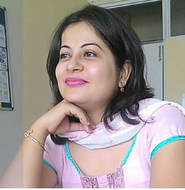 I am Monica Joshi, IT Head, Sat Paul Mittal School, Ludhiana, Punjab, India. I am an SDG enthusiast as are my students, and it inspires me to take this as a challenge. Currently, I work to promote SDGs through projects for my students, teachers, and support staff. I am an MIEE [Microsoft Innovative Expert], MIE Master Trainer, Minecraft Global Mentor, and MEC Guest Speaker. Recently, I was selected for E2 – Microsoft Education Exchange, held at Singapore. I had presented a #Teachtalk at Edutech Asia-2017. My case studies has been published in Teaching and Technology case studies from India by the British Council in collaboration with Central Square Foundation. As a new age teacher, it is my duty to make my students equipped for the future and instill the skills of inquiry and knowledge building in my students. Besides this, I am an avid traveler and love to convince others to travel. Connect with me on Twitter at @klnamya. |
AuthorSTeachSDGs Team & Contributors Archives
November 2019
Categories |
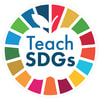
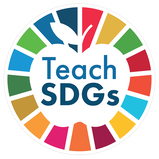
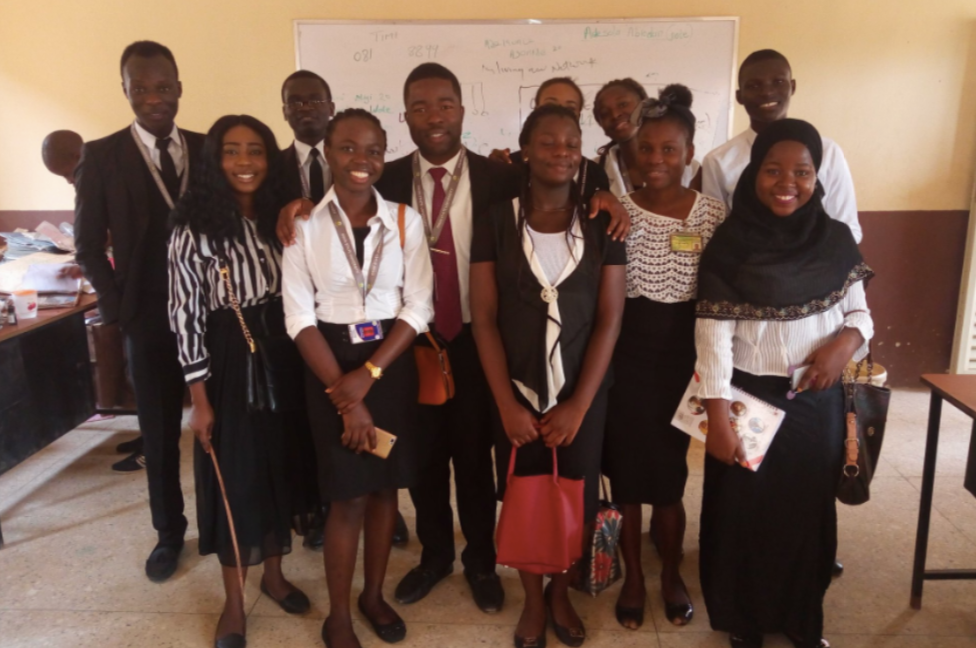
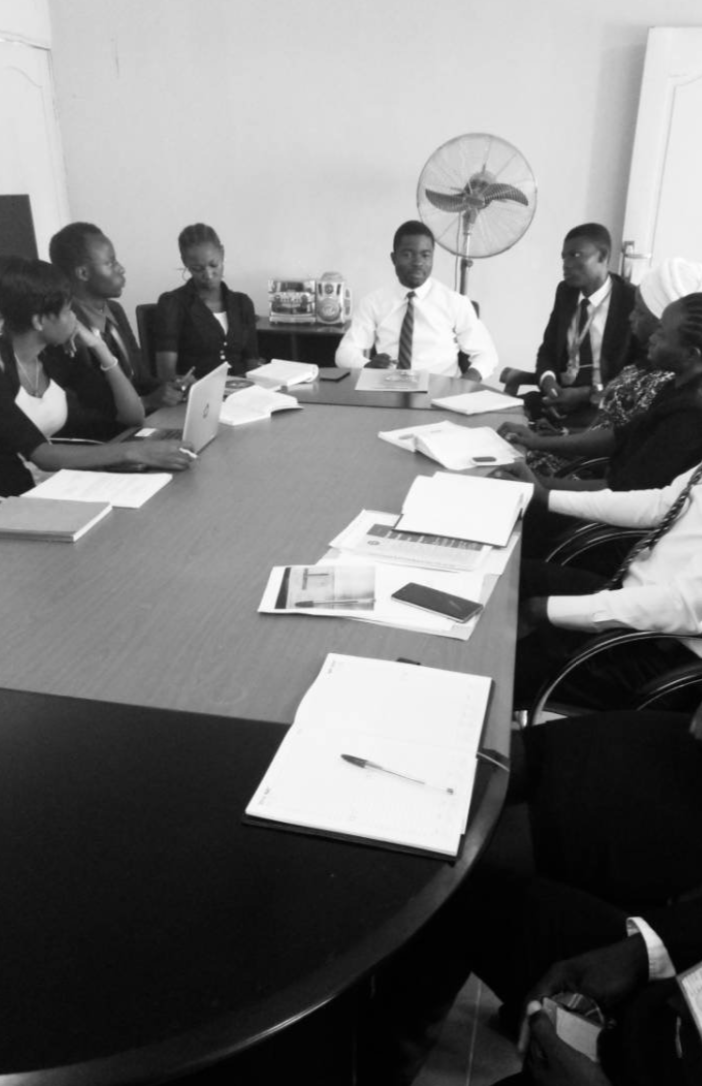
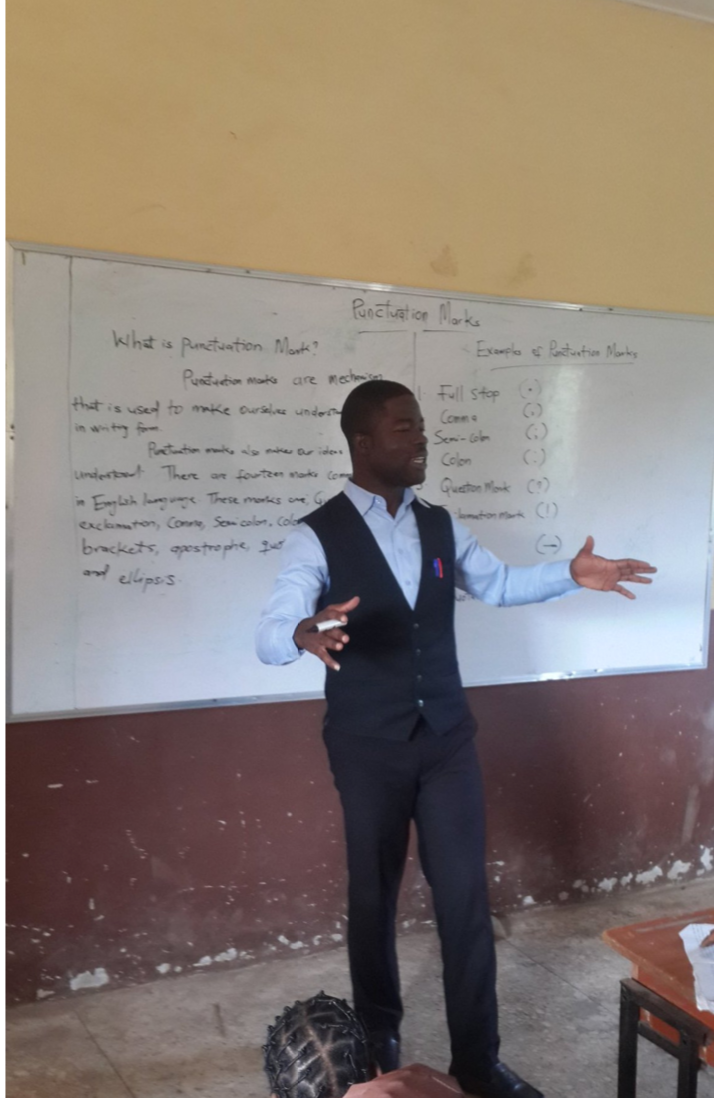
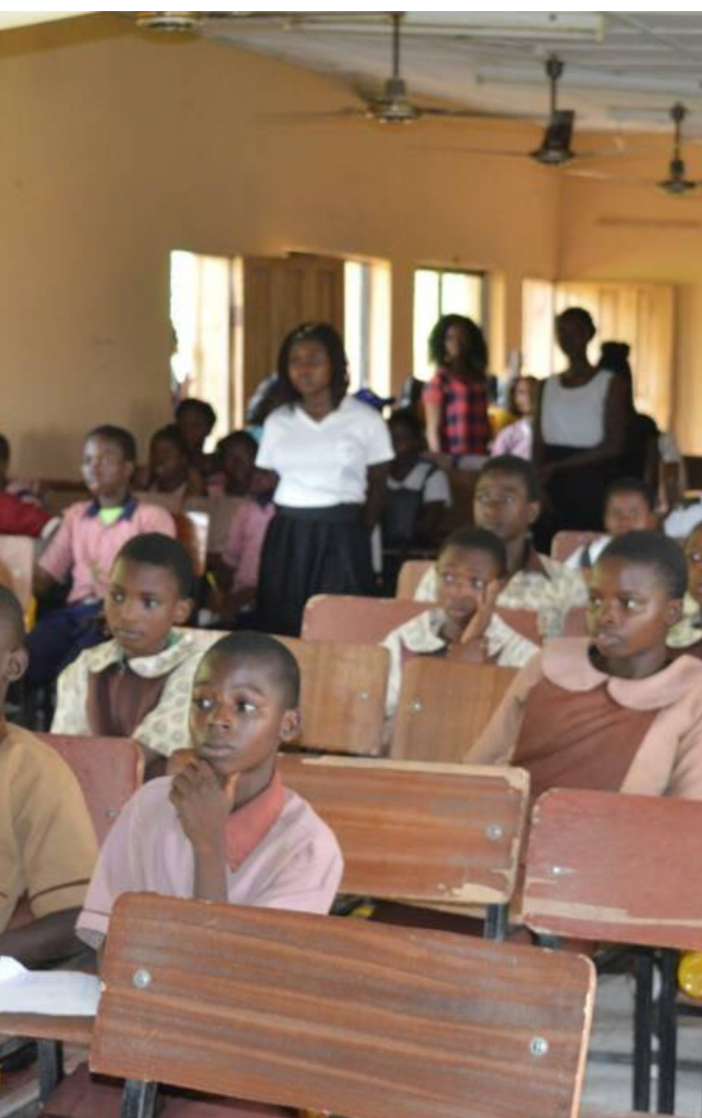
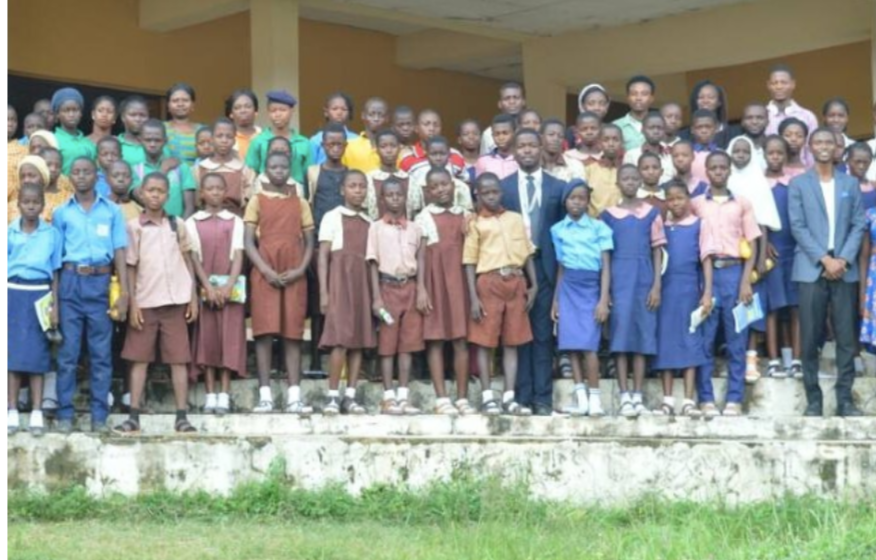
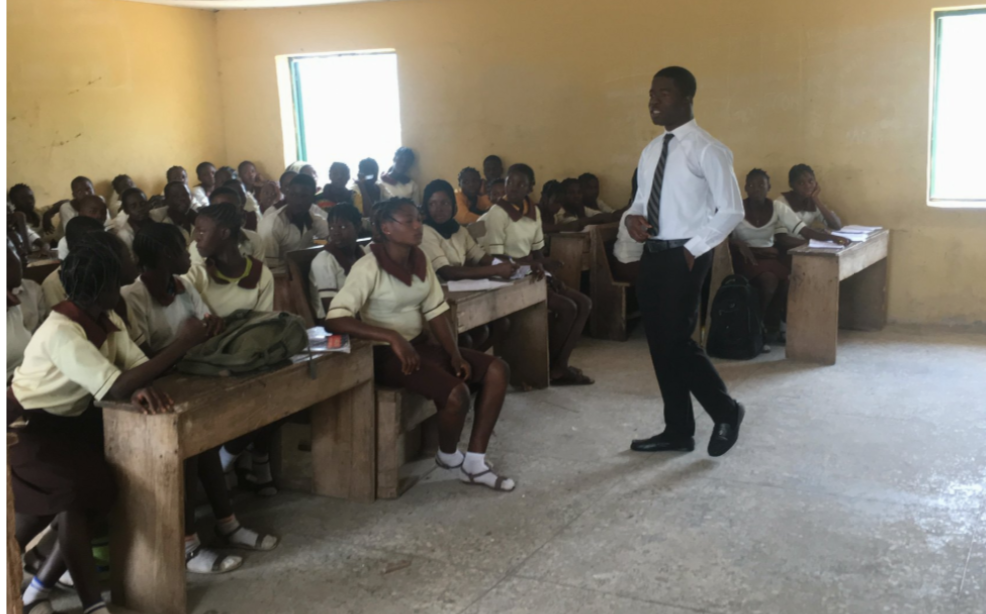
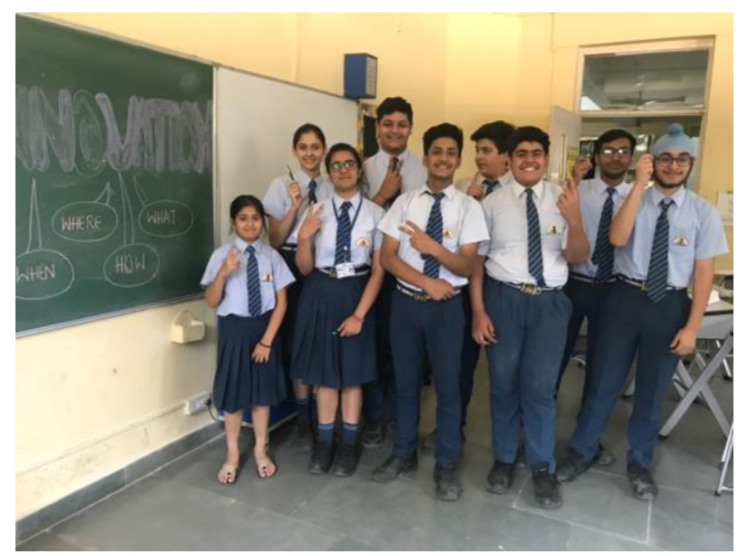
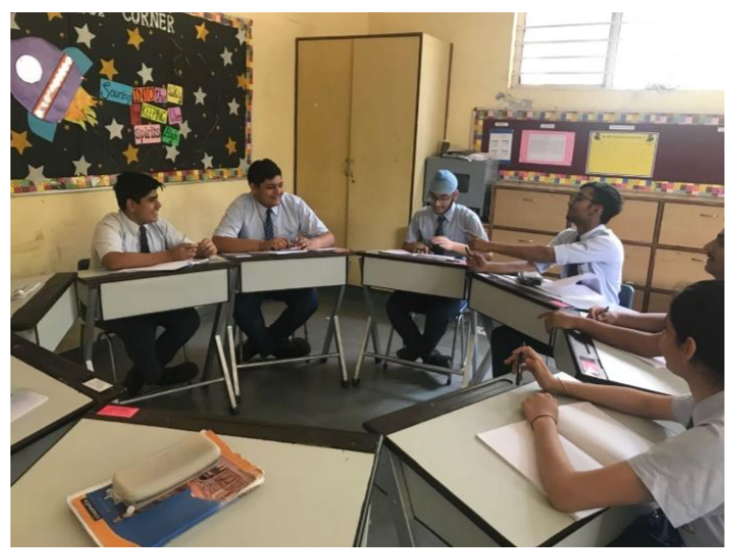
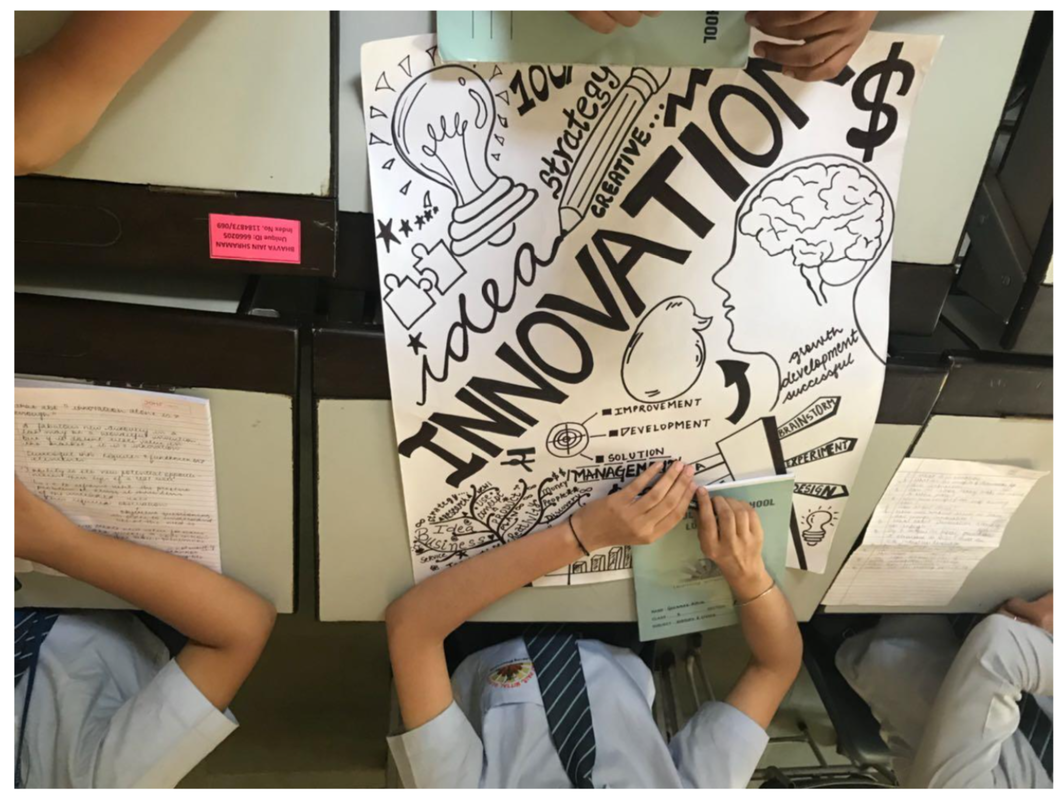
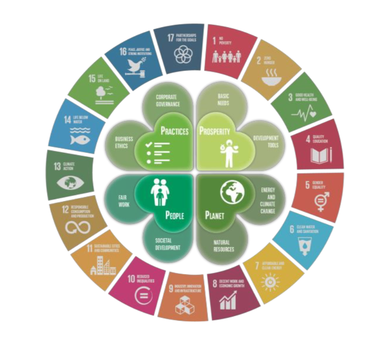
 RSS Feed
RSS Feed